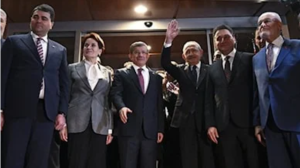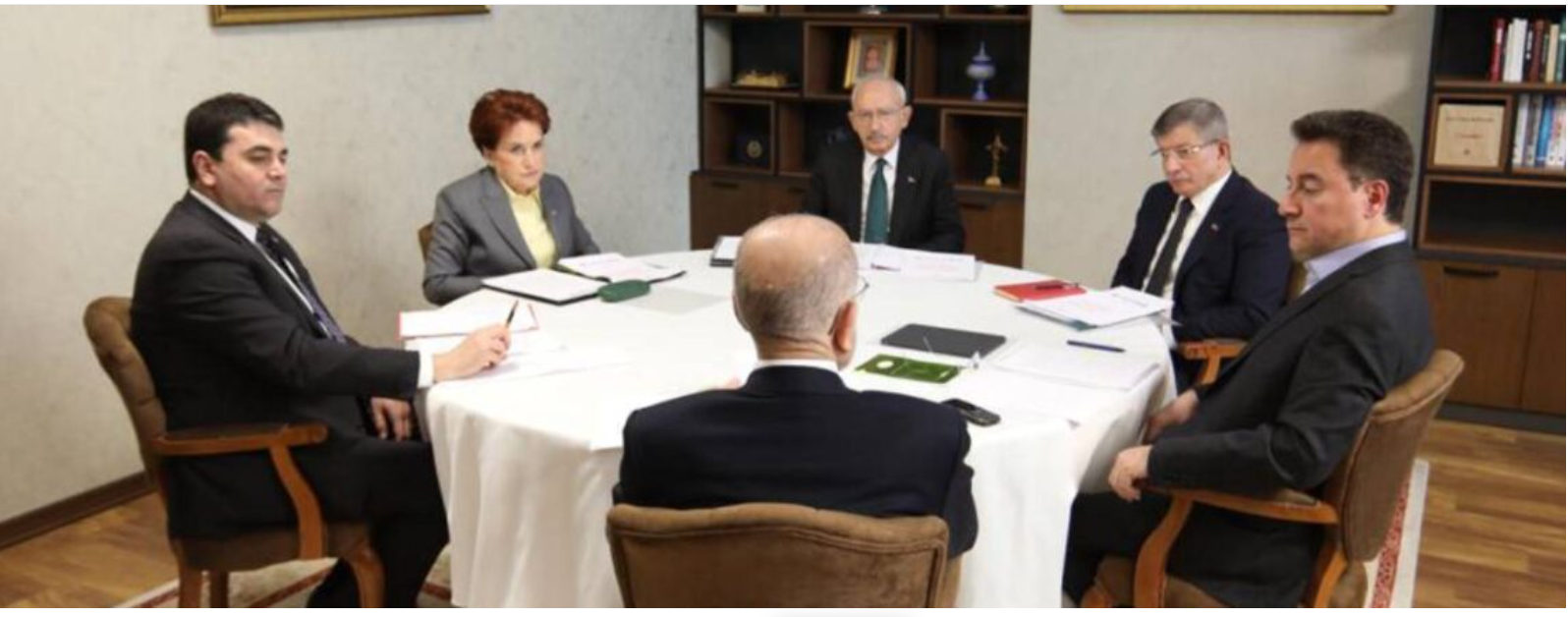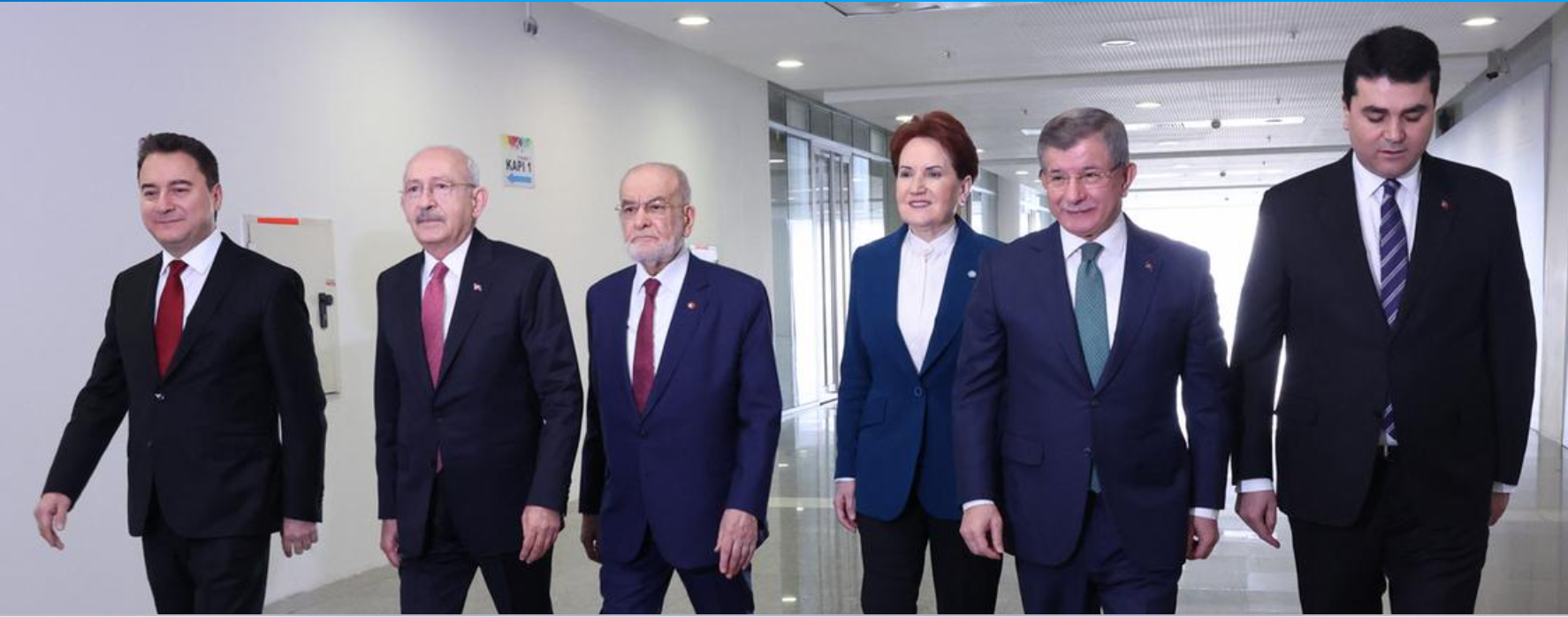As he celebrated a victory set to cement his rule for a quarter of a century, Recep Tayyip Erdogan told crowds of supporters on Sunday evening that it was time to “put the disputes and conflicts of the election period to one side and unite around our national goals”.
“The winner is our democracy,” Erdogan told cheering backers at his presidential palace in Ankara.
More than 53.8 million turned up at the ballot boxes on 28 May, a turnout of 84 percent. Turnout is usually high in Turkey, and this round saw a drop in participation compared to 14 May – when 87 percent of Turkish citizens cast ballots in the first round of the election to elect members of parliament and the president.
The two main candidates, Erdogan and Kilicdaroglu, fell short of reaching the required 50 percent in the first round, which saw Erdogan lead with 49.5 percent against Kilicdaroglu’s 44.9.
In a speech at the headquarters of his Republican People’s Party (CHP), opposition leader Kemal Kilicdaroglu called the election “the most unfair” in recent years.

“The means of the state were laid at the feet of one man,” Kilicdaroglu said, referring to Erdogan’s control of most of the mainstream media and state resources, which he made use of during the campaign by announcing a 45 percent wage hike for public workers just a few days ahead of the polls.
International observers from the Organisation for Security Co-operation in Europe (OSCE) have similarly noted that while Turkey’s election was “competitive” and provided “genuine political alternatives”, it was also marred by an unlevel playing field that gave the ruling coalition an “unjustified advantage”.
“Even reaching this number of votes with a principled and moral election campaign against a huge operation that has taken over the state is considered a miracle,” Demirtas wrote on Twitter after the vote.

His pro-Kurdish People’s Democratic Party (HDP), the third largest in parliament, had thrown its support behind Kilicdaroglu despite not being part of the main opposition alliance. Amid an ongoing closure case over alleged links to Kurdish militants, which it denies, the HDP has run the election under the banner of the Yesil Sol (Green Left) party.
‘Poaching’ opposition MPs ahead of local elections
“The local election is next, and that is quite an important moment in Turkey,” Asli Aksoy, deputy head of the Centre for Applied Turkey Studies (CATS) at the German Institute for International and Security Affairs (SWP) told The New Arab. Currently, opposition parties govern some of Turkey’s main cities including its capital Ankara, Istanbul, and Izmir, which they won in 2019.
The results of that local election had raised hopes that an unprecedented alliance of six parties led by Kilicdaroglu, known as the Nation Alliance, could prevail in their common goal to unseat Erdogan and restore the country to a parliamentary democracy.
“48 percent is a clear margin, but it’s not a huge margin,” Aksoy added. “They now have to stay alert and work further. They know that they have to stay together in order to win any election against the ruling AKP.”
Excerpt from “As Erdogan stays in power, what is next for Turkey’s opposition?”
Follow our English language YouTube videos @ REAL TURKEY: https://www.youtube.com/channel/UCKpFJB4GFiNkhmpVZQ_d9Rg
And content at Twitter: @AtillaEng
Facebook: Real Turkey Channel: https://www.facebook.com/realturkeychannel/
